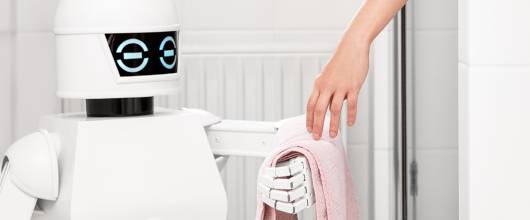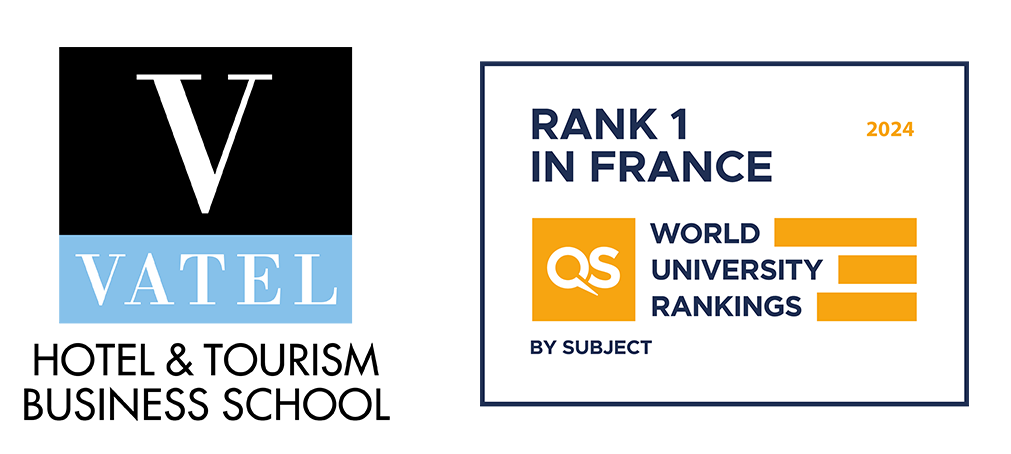According to the findings of our latest survey, the future executives of hotel and tourism sectors seem utterly optimistic. They are aware of the challenges awaiting them in the future: robots and sustainable development.
Let’s have a look at the findings compiled after collecting the responses of the 3116 polled students. Vatel Bordeaux carried out the first international survey conducted by OpinionWay to analyze the aspirations of learners studying international hotel management. Let’s discover how they perceive their careers in this industry, after they had previously reported their expectations concerning their employers.
Future executives of the hotel-restaurant sector share their optimism
The survey shows that students pursuing international hotel management degrees display sheer optimism, all over the globe. According to the World Tourism organization, the number of tourists in the world will reach 1,8 billion in 2030 compared to 1,4 billion last year. These 400 million additional travelers will give rise to future job opportunities. We can therefore fully understand their optimistic prospects.
Hotels will rely solely on reusable items and self-produced energy
Faced with the scarcity of fossil resources and the prospects of global warming, hotels will gradually implement new standards in terms of energy performance. European Union in pushing in this direction. The institution born under this name in 1992 has launched 16 key projects bearing the label ‘Hôtels Presque Zéro Energie’ .
The future directors of the hotel-restaurant sector are already aware of the importance of waste management and energy conservation. In 25 years, 73% of students expect that all equipment in hotels will be reusable and energy self-sufficient and 60% think that most of the food products will be organic.
Some hotels already follow this trend, for instance Solar hotel in Paris and hotel Vatel in Bordeaux.

Current robots will not replace humans
Similar to Heinrich Fitger, Project Manager at Intercontinental Bordeaux Le Grand Hôtel, students view Artificial Intelligence as a great opportunity to engage with guests in a more advanced way. The future executives of the hotel-restaurant industry list the following advances associated with Artificial Intelligence:
- Inform about guests’ tastes and preferences. Hotels in general will thus be able to offer a more personalized experience (77% of the surveyed students)
- Allow guests to personalize their room as they see fit (61%).
- Give more information about the nutritional benefits of a dish served in a restaurant. 59% are convinced that a robot cannot replace or imitate a talented chef as the robotic experiences in fast-food restaurants have so far resulted in contestable outcomes.
- The robots’ abilities are limited in scope; they are purely technical. 57% of future executives don’t think that robots can interact with guests in a restaurant. Sophie Lacour, holder of a PHD in communication share the same opinion. According to her, robots will always lack the emotional element needed for establishing a connection with guests.
To find out more about our study, you can download the survey here.


